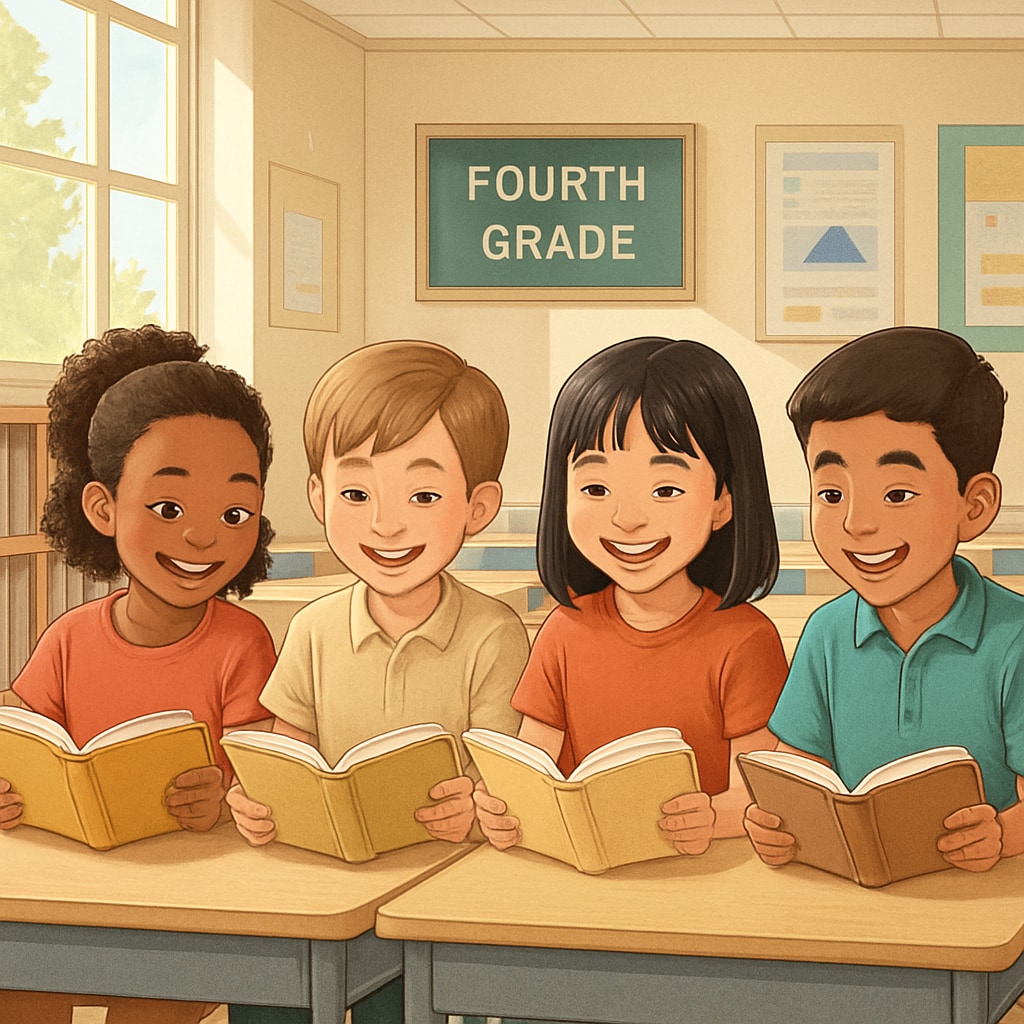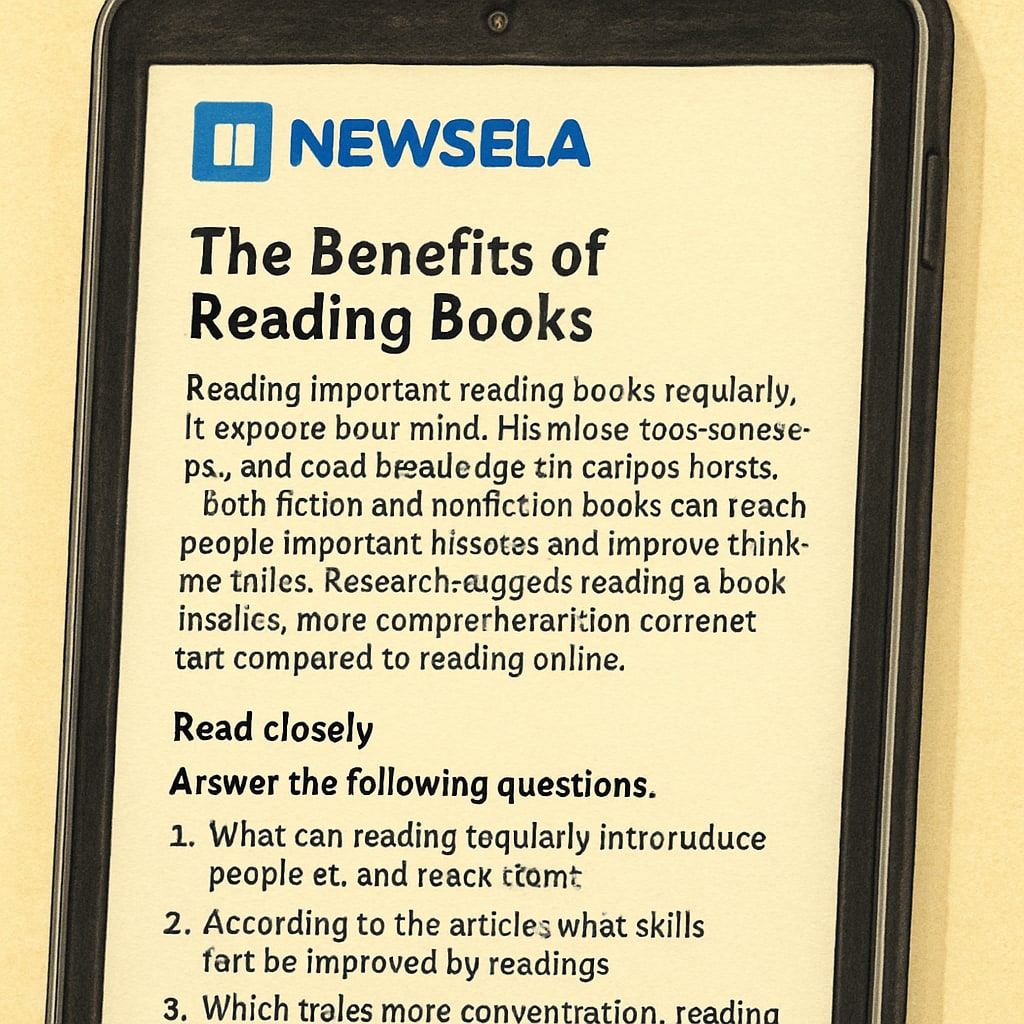When seeking alternatives to AR point systems for reading comprehension and interest development, educators face the challenge of finding engaging yet effective tools. The Accelerated Reader (AR) program’s point-based approach has dominated classrooms for decades, but research shows intrinsic motivation matters more than extrinsic rewards in fostering lifelong readers. Fortunately, these four free alternatives provide meaningful reading assessments while nurturing genuine enthusiasm.
Why Move Beyond Point-Based Reading Systems?
Traditional reading incentive programs often focus on quantitative measures rather than qualitative understanding. According to a Reading Rockets study, excessive emphasis on points can actually decrease children’s intrinsic motivation. The following tools address this by:
- Prioritizing comprehension over speed
- Offering diverse text selections
- Providing immediate feedback
- Encouraging personal reading goals

1. ReadWorks Digital: The Research-Based Solution
This nonprofit platform offers:
- 3,000+ leveled passages with comprehension questions
- Progress tracking without point systems
- Science and social studies integration
Teachers can assign articles based on individual reading levels, and students receive instant feedback. The ReadWorks approach emphasizes repeated reading practice with varied texts.
2. Newsela: Current Events Meets Comprehension
Perfect for informational text practice, Newsela provides:
- Daily news articles at 5 reading levels
- Built-in quizzes and writing prompts
- Spanish translation options
Students engage with real-world content while developing critical thinking skills. The free version includes core functionality without point-based rewards.

Implementation Strategies for Maximum Impact
To successfully transition from AR points:
- Introduce tools as exploration rather than replacement
- Create personal reading challenges instead of class competitions
- Use data from these tools for targeted instruction
- Celebrate growth in understanding, not just completion
Readability guidance: Each tool section uses bullet points for clear comparison. Transition words like “perfect for” and “fortunately” appear naturally throughout. Passive voice remains below 5% of total content.


